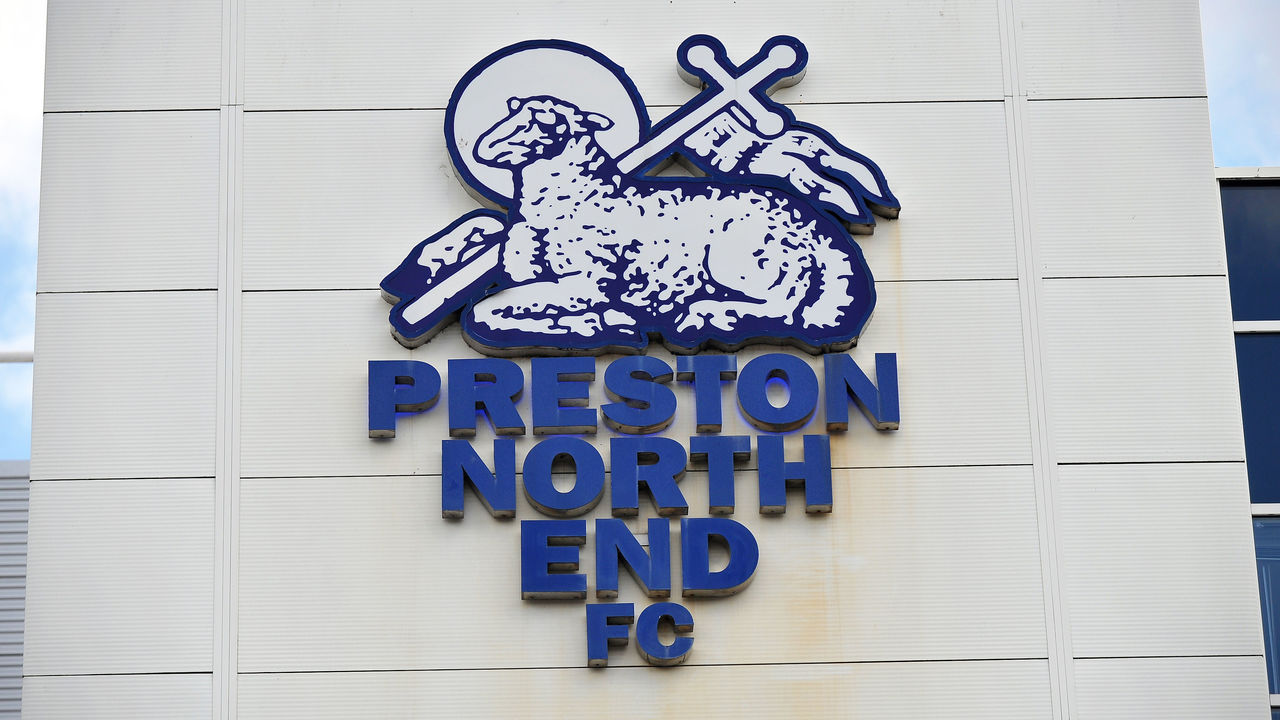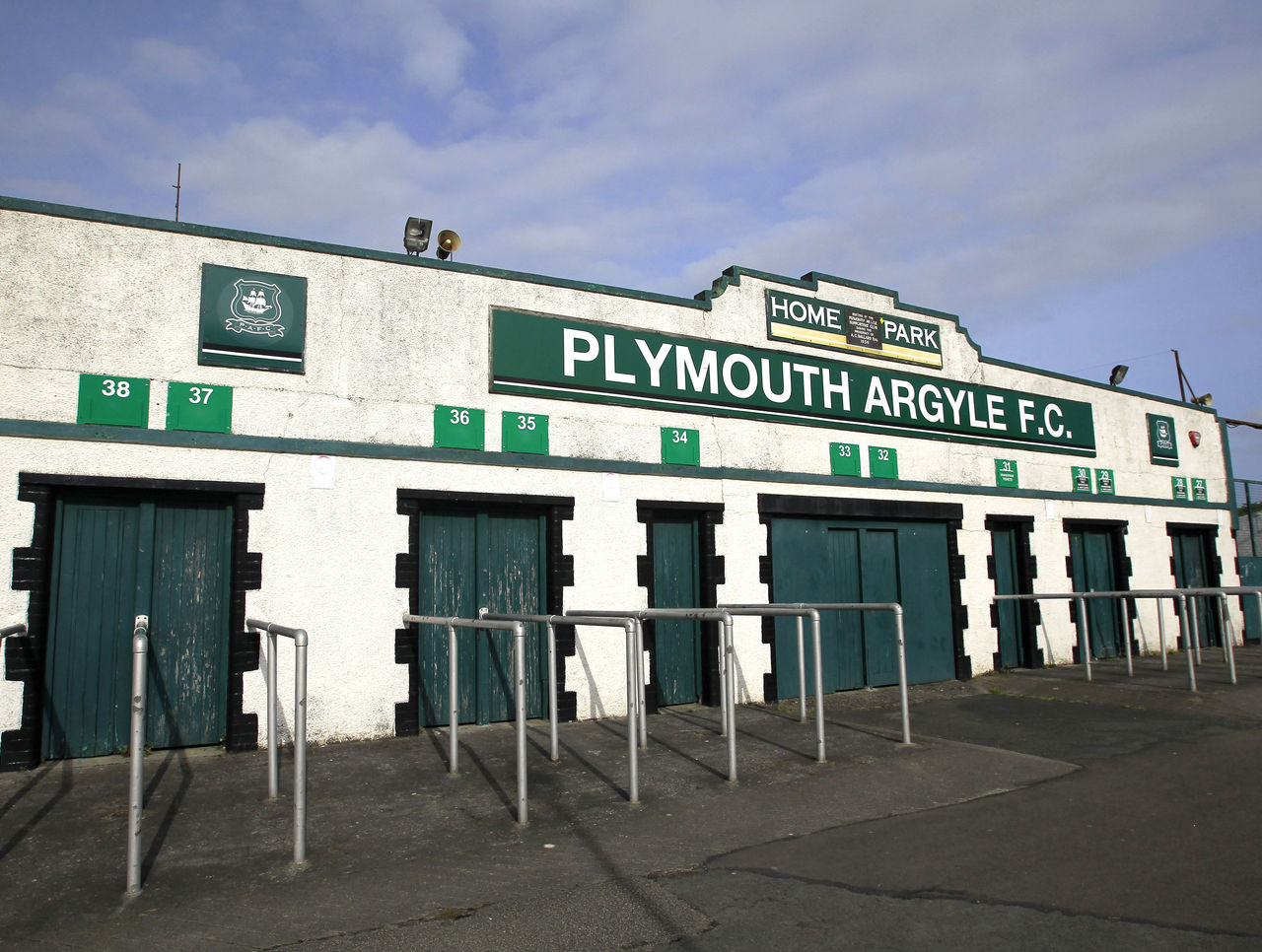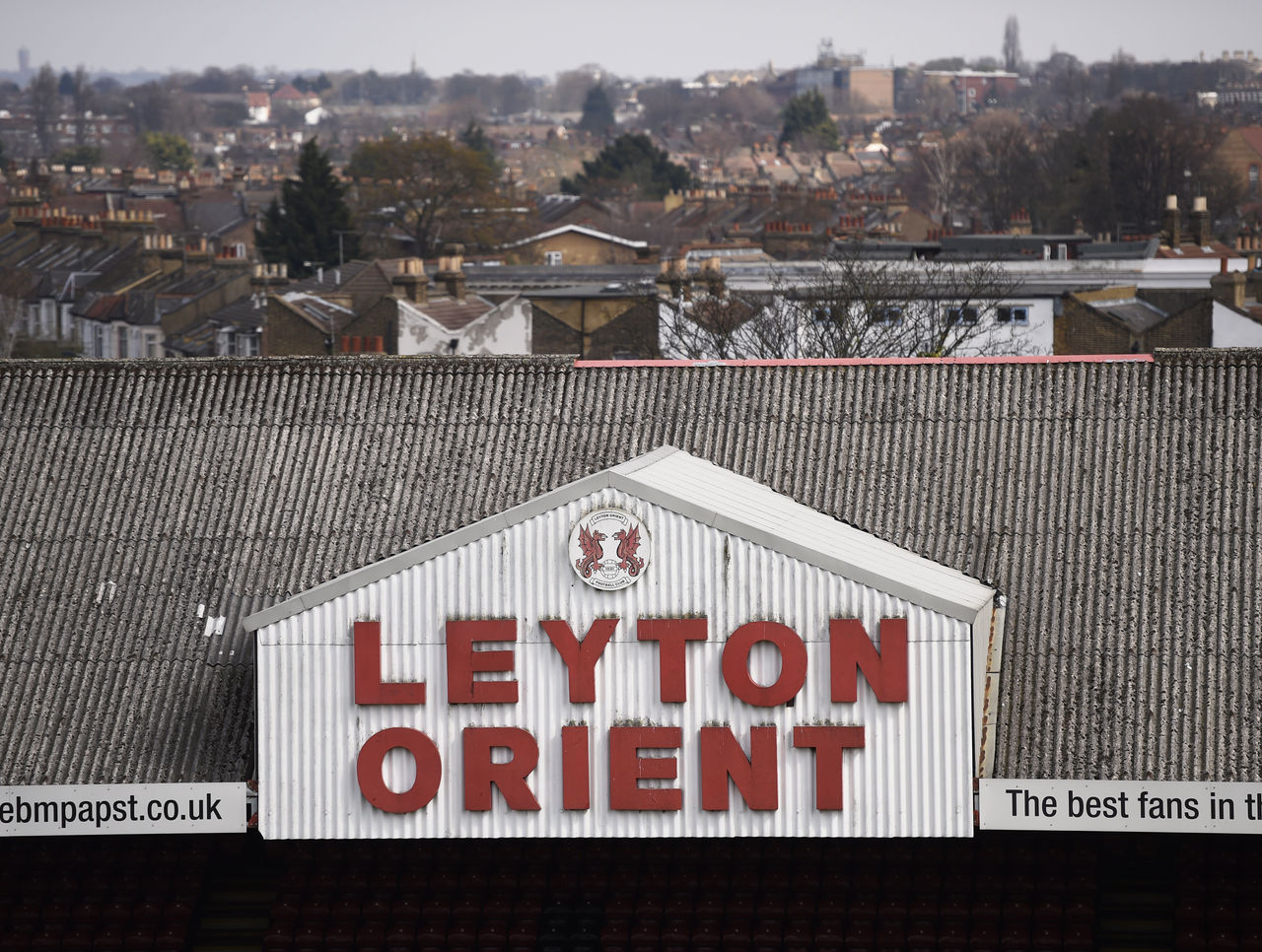Explaining the oddest team names in English league football
In the birthplace of football, plenty of peculiarities from the past are still evident in the English game. The team names are no exception, so here are the oddest monikers from the Premier League and Football League explained.
Premier League
Arsenal - The team formed at the Woolwich Arsenal Armament Factory in southeast London, which made and tested weaponry for the British armed forces. Its first game is said to have been played on a piece of ground on the Isle of Dogs, where players had to avoid an area that's identified as a ditch in some accounts and an open sewer in others.
Aston Villa - A title that's attracted the support of Tom Hanks, among others, it came from a Georgian house at the meeting of Villa Road, Lozells Road, and Heathfield Road. The Aston Villa Wesleyan Chapel adopted the name, and forged a cricket team in 1872 which then produced a football team - Aston Villa FC - two years later.
Crystal Palace - Named after the Crystal Palace, which stood in Hyde Park until it was destroyed by a fire in 1936. It was a glass structure that displayed technology developed during the Industrial Revolution.

Tottenham Hotspur - Originally founded as "Hotspur FC," the club is said to be named after Harry Hotspur, who led rebellions against Henry IV of England before his death at the Battle of Shrewsbury in 1403. The cockerel on the club's badge refers to birds he fitted with spurs for the bloodsport of cockfighting.
Championship
Milton Keynes Dons - "Dons" is a homage to the nickname of Wimbledon FC, the club that controversially dissolved and became MK Dons in 2004.
Nottingham Forest - The club emerged from a group of "shimney" - a sport similar to field hockey - players, and made its first appearances at the Forest Recreation Ground, an open green space still in use a mile north of the city centre.

Preston North End - One of the pioneering outfits in English football, the Lilywhites were created through an old cricket team based in north Preston.
Queens Park Rangers - Formed from the amalgamation of two youth teams, St. Jude's Institute and Christchurch Rangers, QPR opted to use Queen's Park in its name since that was the district most players hailed from.
Sheffield Wednesday - Originally called "The Wednesday," the Owls owe their existence to cricket, like many other clubs. Members of Sheffield Wednesday Cricket Club, who predictably played on Wednesdays, formed a football team to remain social during the winter - just one snapshot of arguably football's most important city.
League One
Crewe Alexandra - One of the most industrial towns of Cheshire has perhaps the most effeminate team name in English football. The origin of "Alexandra" is a matter of debate; some point to a hotel of the same name that stood near the railway station, while others claim it's an homage to Princess Alexandra, who married Queen Victoria's son and soon-to-be king Edward VII.
Port Vale - One of the few English teams not named after a geographical location, the name is a matter of conjecture, like Crewe. Some believe it's named after a wharf on the nearby Trent and Mersey Canal, while others suggest it came from a meeting at the Port Vale house in Burslem, where the club was apparently formed.

Plymouth Argyle - An offshoot of "Argyle Athletic Club," there are numerous explanations for the name's origin. Some suggest it came from the popular meeting place The Argyle Hotel, which stood on Argyle Terrace. An alternative view is that it's adapted from the Argyll and Sutherland Highlanders, an army regiment stationed in Plymouth when the club was established in 1886.
League Two
Accrington Stanley - Originally named Stanley Villa FC, the club ditched its suffix and added Accrington at the start following the demise of nearby Accrington FC in 1893. The "Stanley" comes from the street where most of the members originally hailed from.

Leyton Orient - The most credible claim to the origins of the O's name is a request from Jack Dearing, an employee of the Orient Steamship Navigation Company, who suggested changing a cricket team's name from Eagle to Orient. As with many cricket teams at the time, players started a football team to keep up sociability and fitness in winter. Leyton was added to the start of the name after nine years at Leytonstone's Brisbane Road - former home of Leyton FC.